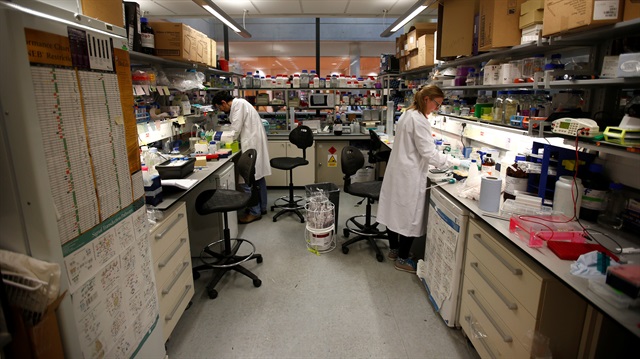
Scientists announced Wednesday that they have grown working brain circuitry in a laboratory for the first time.
These “minibrains”, grown in a petri dish from collections of stem cells, are helping researchers better understand neurological conditions like autism and epilepsy.
The cluster of brain cells is essentially at the same stage of development as a two-month-old fetus. By observing how the lab-grown cells develop, researchers can observe how diseases interrupt the normal formation of the brain.
The study, conducted by researchers at Harvard University and Stanford University, was funded by the National Institutes of Health and published in the journal Nature.
“Today's recapitulation of a pivotal stage in the cortex's formation demonstrates the technique's promise for discovery – and even for testing potential interventions,” said NIH representative Joshua Gordan. “It moves us closer to realizing the goal of precision medicine for brain disorders.”
The scientists expect to grow more minibrains in the near future.
"Our research provides a proof-of-concept for understanding the interaction of specific cell types and for building -- as well as probing - circuits within personalized human microphysiological systems," said Sergiu Pasca, the lead author of the study at Stanford, in the announcement.














